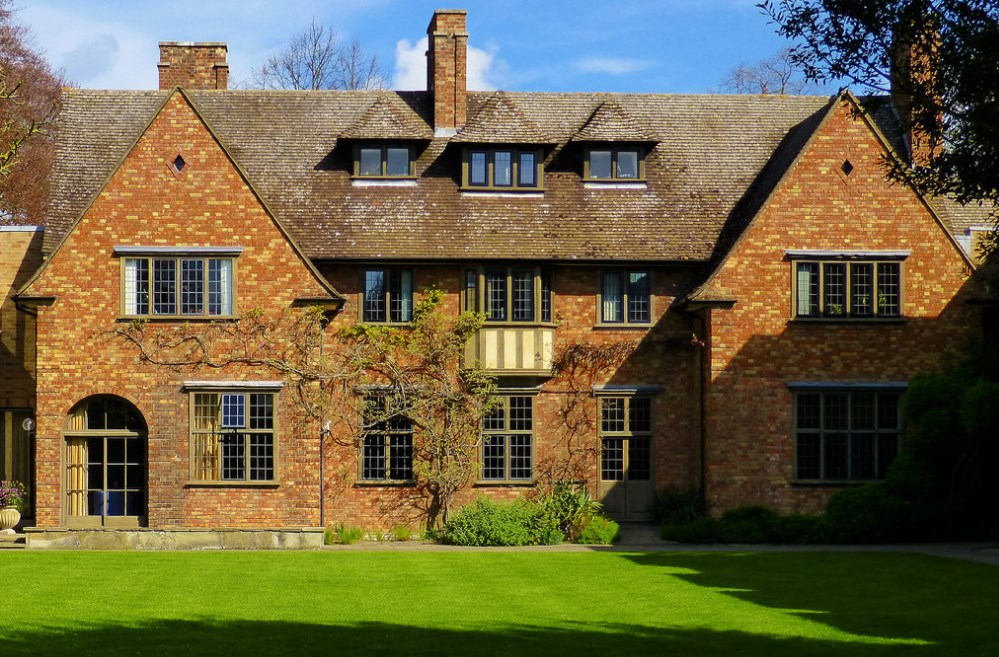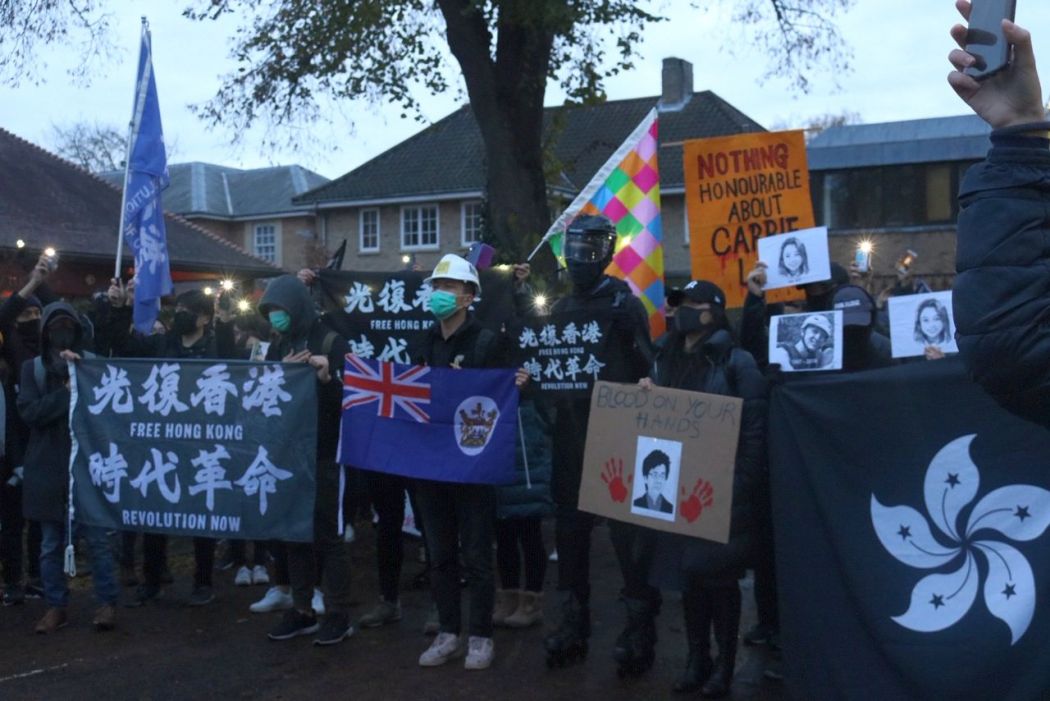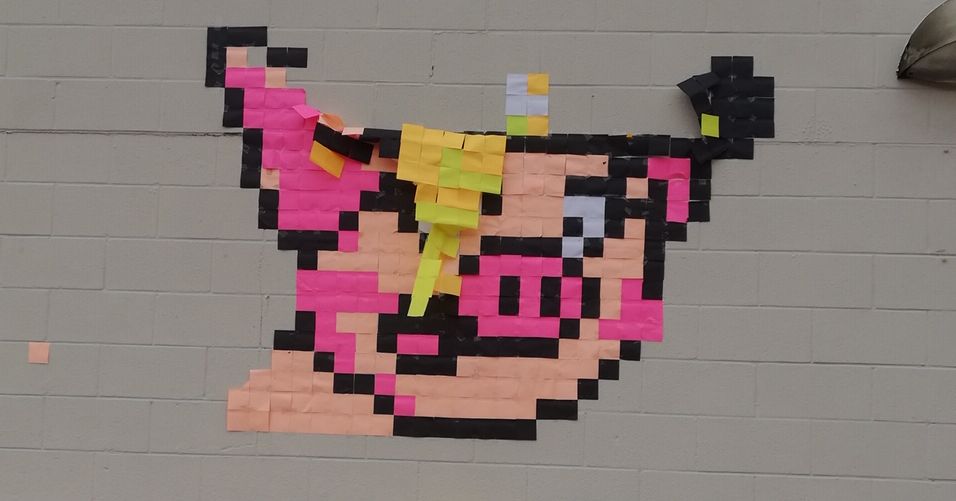Cambridge University student Ulysses Chow opened his email inbox and discovered a death threat to his mother. That morning he had woken up to find the same university account swamped with unsolicited subscriptions to mailing lists and the question: “Want to stop this nightmare?”
Chow is one of a number of Hong Kong students studying in the UK who have been targeted by pro-China individuals or groups in recent weeks for their political views. They are calling on their universities to act against those responsible, with some students saying they no longer feel safe on their campuses.

Earlier this month, the foreign affairs committee in the UK warned of “alarming evidence” of Chinese interference at British universities, in a report that Beijing slammed as fictitious.
Chow, who is a third-year law undergraduate at Cambridge’s Wolfson College, has called repeatedly for it to rescind the honorary fellowship awarded to Hong Kong leader Carrie Lam in 2017.
The online attack was launched against him after he posted on Facebook Wolfson’s response to his latest demand, in which the college said it was not taking action to remove Lam’s honour. The post also promoted a rally in Cambridge against the decision.
Chow reported the abuse to Wolfson and some of his tutors had offered to investigate, he said, but he remains concerned that he may be targeted again. “It’s worrying because the person knows my college and that’s where I live,” Chow added.

Chow also said that he did not feel safe in Cambridge because pro-China protesters who attended the rally he helped to organise had taken his photo.
He urged the college to identify the person responsible for the email abuse and to take disciplinary action. Chow also criticised Wolfson for not issuing a statement to students in response to the incident.
Five of the emails he received contained graphic abuse against him and his family, written in simplified Chinese, which is used in mainland China. Later he discovered his name, college, email address and Facebook account had been shared on popular mainland Chinese Q&A platform Zhihu.
The author of the post claimed to be a PhD student at Wolfson and encouraged others to target Chow online, calling him “trash” for speaking out against Lam and organising the pro-Hong Kong protest in Cambridge.
Keeping secrets
A statement issued to HKFP from Cambridge University in response to questions about Chow’s case condemned any harassment of its students on social media. “(We) will report incidents to the channel and where necessary the police,” the statement said.

“We have teams dedicated to combating online infringements and appropriate action will always be taken in conjunction with the relevant authorities,” it added.
Cambridge University Students’ Union said it was taking the abuse “extremely seriously” – Chow said a student union welfare officer was helping him put together a data protection complaint.
The Chinese Students and Scholars Association (CSSA) in Cambridge did not address questions about the case and potential divisions between students at the university. Instead, it focused on what it called the biased reporting of the crisis in Hong Kong by western media.
In an emailed statement, the president of the CSSA in Cambridge, Junfei Xia, defended police action in Hong Kong and accused protesters of “vandalising their own city”.
“Our Chinese students and scholars appeal to those protesters to stop their further violent actions and express their opinions legally,” it added.
The CSSA has branches at UK universities and was mentioned in evidence cited in the recent foreign affairs committee report, accusing it of trying to stop the discussion of topics sensitive to China, and of reporting on mainland students to Chinese authorities.

The group is supported and partly financed by the Chinese government, according to the report. On its website, the CSSA describes itself as a non-political organisation that supports activities for students and scholars, saying it has 150,000 registered members in the UK.
A mainland Chinese PhD student at Cambridge told HKFP he was sympathetic to Hong Kong protesters, but said that many Chinese people who hold similar views keep them secret. He added that he also had to balance “personal safety” with speaking his mind.
The foreign affairs committee report picked up on potential threats to students because of their views – it included the case of a Uighur Muslim who said the Chinese government had started monitoring her and harassing her family in China after she became politically active while studying in the UK.
The report warned that universities must balance overseas partnerships, funding and collaboration with potential risks to academic freedom.

China is by far the biggest source of international students at British universities, with more than 100,000 undergraduates and post-graduates currently in the UK.
‘Cautious everywhere I go’
Harassment of Hong Kong students at British universities has not just been online, but is taking place on campuses too.
A first-year undergraduate at Warwick University, who gave his name as Florian, was involved in creating a Lennon Wall there in support of Hong Kong protesters. He said that subsequently he had been photographed in a seminar by a mainland student and, when he had asked him what he was doing, the student pushed him and walked out.
The pictures of him were then posted to a university WeChat group. Florian reported the incident to campus security but said he had not received a response yet, adding that his tutors were trying to raise his case with university management.
“I’m worried about my safety around the campus – I don’t know when or how or what they’ll do, so I need to be quite cautious everywhere I go,” he said. The university told HKFP that any reported incidents affecting students’ personal safety would be investigated but could not comment on his case.

A pig icon that was part of the Lennon Wall at Warwick was taken down by security earlier this month after complaints by mainland Chinese students, who said the display was full of “racist, discriminatory and misleading information”.
A third-year Hong Kong student at Warwick, who gave his name as Justin, said the icon was a popular symbol of the current protests and had no derogatory significance. Justin accused university management of unfairly favouring mainland Chinese students and failing to let Hong Kong students have their say.
The university said in a statement to HKFP that the Lennon Wall group had breached some of the terms of the agreed event and should have mentioned the pig icon in their proposal.
The Warwick Chinese Society said it could not comment.

Students at other universities say they are worried that their authorities are now becoming more cautious about allowing Hong Kong protest events on campus because of pressure from pro-China groups. Some participants have also been put off for fear of retribution.
A PhD student from Hong Kong at Birmingham’s Aston University, who gave her name as Emily, said the fellow student she was working with to organise pro-Hong Kong events on campus had pulled out after a mainland Chinese group barged into a film screening they were hosting at the university and had to be removed by security. “The other girl is quite scared and she made it very clear she did not want to be involved any more,” Emily said.
She said that some Aston teaching staff and university student union representatives had tried to help her follow up on the incident, but that a student she had identified as being involved had not yet been held to account.
Aston did not answer questions about whether it had tracked down those responsible or if it would take action against them, but the university acknowledged its duty to promote and safeguard freedom of expression.
Today’s #StandWithHongKong #hkprotest in Birmingham is attended by students from four of the major #UK midland universities including #warwick and #Nottingham – organisers say turnout is much larger than expected #HongKong #antiELABhk pic.twitter.com/NXIjLvnM5b
— Jessie Lau (@_laujessie) November 23, 2019
A statement to HKFP said the university would not deny use of its premises based on beliefs or views, “as long as such use is within the law at all times and that the statement of beliefs, points of view and opinion do not lead to breaches of the peace, violent or criminal behaviour”.
Oxford showdown
Anger expressed against Hong Kong students in Britain has also spilled over into Chinese state media, which has taken aim at some British university student unions for supporting “rioters”.
The Global Times criticised Oxford University’s union after it passed a motion to publish an open letter supporting the protests and condemning police brutality.
The motion triggered a backlash among mainland students at Oxford who are planning a counter-proposal to put before the union. A student quoted by the Global Times blamed “extreme” Hong Kong students for putting forward the original motion.

A Hong Kong Oxford student who supports the pro-democracy protests said that while some mainland students were sympathetic, there was often “difficulty in communication” between the two sides.
“A lot of Hong Kong students are incredibly saddened and heartbroken,” he said, and would rather share their experiences with people who listen.
But some believe that there is still potential for discussion and debate.
A Hong Kong post-doctorate researcher at Cambridge University, who is part of the Cambridge Stands With Hong Kong group, said universities should do more to get the two sides together.
However, he admitted that some students would be wary of speaking openly. He himself did not want to give his name because he feared he might endanger close friends from the mainland due to their association with him.
Nevertheless, he believes universities should facilitate “academic events that allow exchanges between the two groups”.
He added: “Talking and understanding each other is an important basis of democracy.”
Wolfson student Chow said the online attack against him would not affect his campaigning and he did not blame mainland Chinese students for what had happened.
“Mainland Chinese friends who are on my side were very supportive,” he said. “Other mainland Chinese friends are of opposing views, but they have been quite liberal — they are willing to listen to me and some other Hong Kong protesters.”
Hong Kong Free Press relies on direct reader support. Help safeguard independent journalism and press freedom as we invest more in freelancers, overtime, safety gear & insurance during this summer’s protests. 10 ways to support us.

